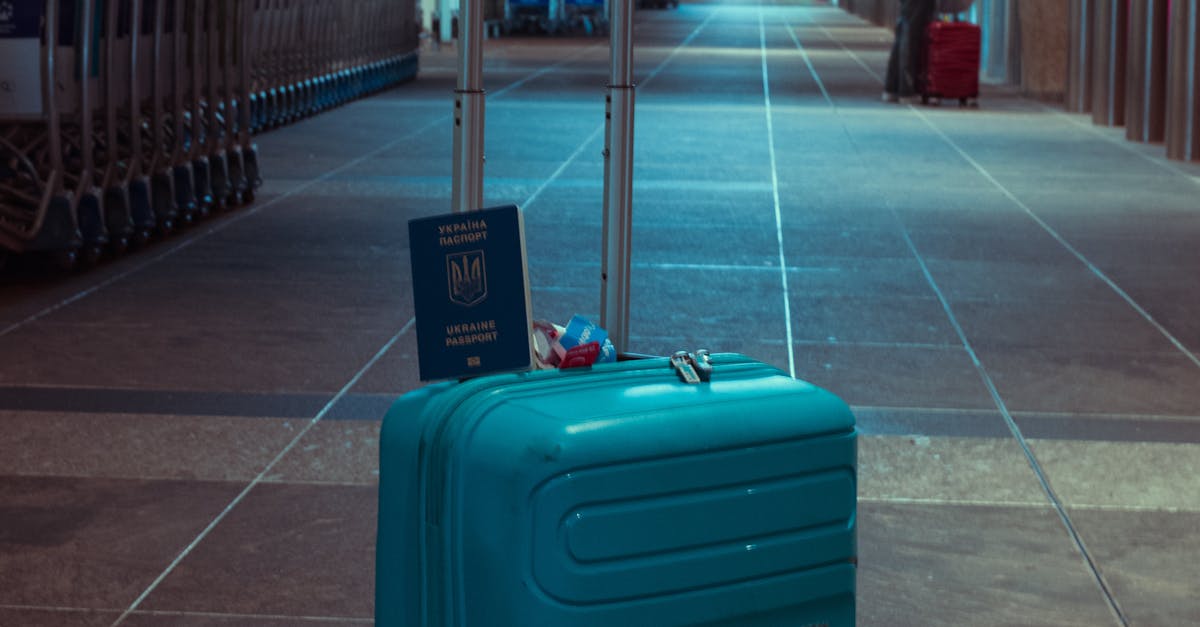No More Jet Lag: 18 Tricks to Reset Your Body Clock Fast
Jet lag is a common phenomenon experienced by travelers who cross multiple time zones in a short period. It disrupts the body's internal clock, or circadian rhythm, leading to a misalignment between the body's natural schedule and the new time zone. This can result in a range of symptoms, including fatigue, insomnia, irritability, and digestive issues. As global travel becomes more prevalent, understanding and mitigating the effects of jet lag becomes increasingly important. This article explores 18 instant remedies designed to reset your body clock quickly and effortlessly. By understanding these strategies, travelers can minimize the impact of jet lag and enjoy their journeys more fully.
1. Hydration: The Foundation of Jet Lag Recovery

Staying hydrated is crucial when combating jet lag. Air travel can be dehydrating due to the low humidity levels in the cabin, which can exacerbate the symptoms of jet lag. Drinking plenty of water before, during, and after your flight helps maintain optimal hydration levels, which is essential for overall health and well-being. Dehydration can lead to fatigue, headaches, and difficulty concentrating, all of which can worsen the effects of jet lag. By prioritizing hydration, travelers can support their body's natural ability to adjust to a new time zone.
2. Light Exposure: The Natural Reset Button

Light is one of the most powerful cues for regulating the body's internal clock. Exposure to natural light can help reset your circadian rhythm and alleviate the symptoms of jet lag. When traveling to a new time zone, try to spend time outdoors in natural sunlight, especially in the morning. This exposure helps signal to your body that it's time to be awake and active. Conversely, minimizing exposure to artificial light, especially blue light from screens, during the evening can help your body prepare for sleep. Strategic light exposure can significantly reduce the duration and severity of jet lag.
3. Melatonin Supplements: A Hormonal Helper
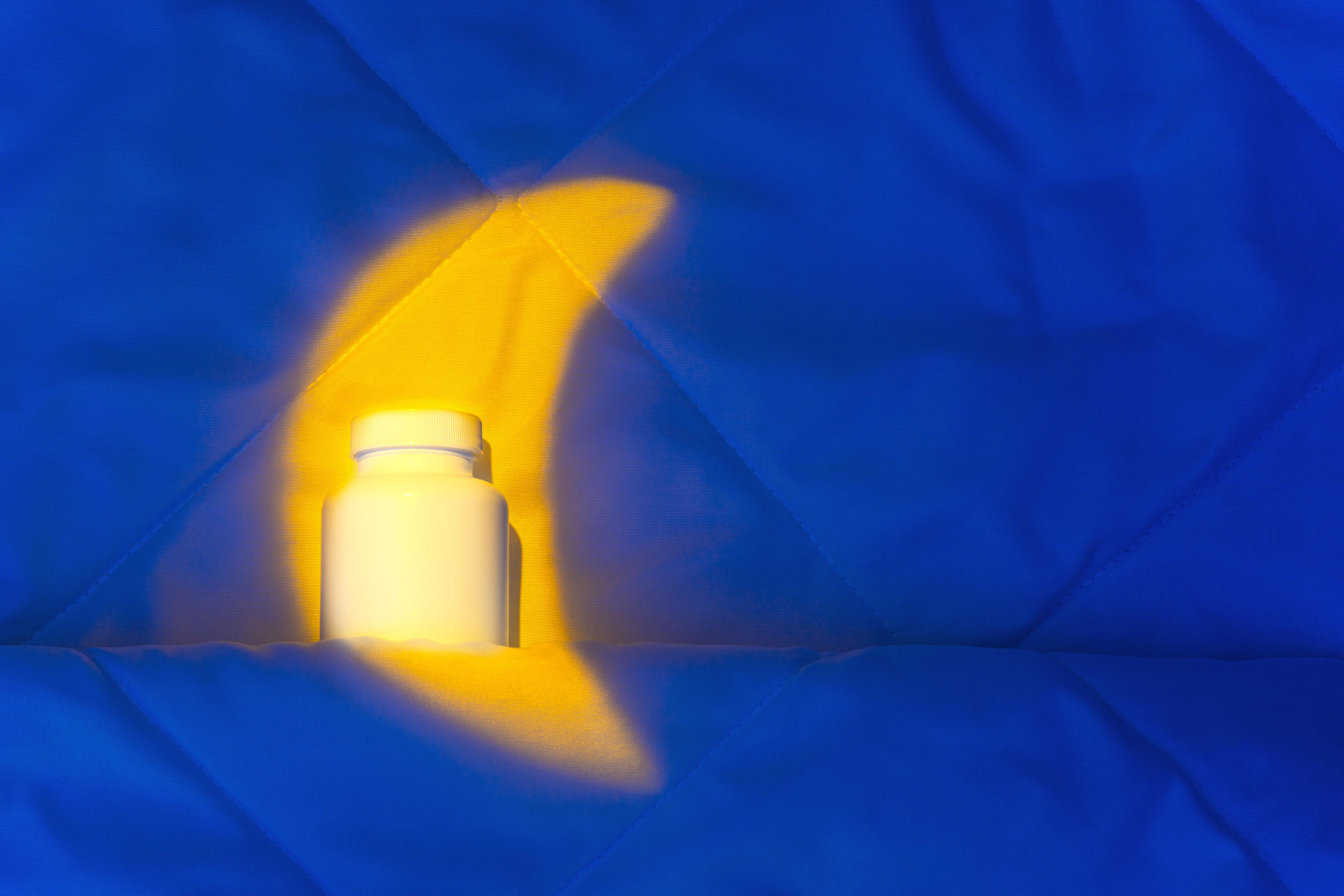
Melatonin is a hormone that plays a key role in regulating sleep-wake cycles. Taking melatonin supplements can be an effective way to reset your body clock when dealing with jet lag. These supplements can help signal to your body that it's time to sleep, making it easier to adjust to a new time zone. It's important to take melatonin at the right time – usually a few hours before your desired bedtime in the new time zone. Consulting with a healthcare professional before using melatonin supplements can ensure safe and effective use.
4. Pre-Travel Adjustments: The Art of Gradual Transition
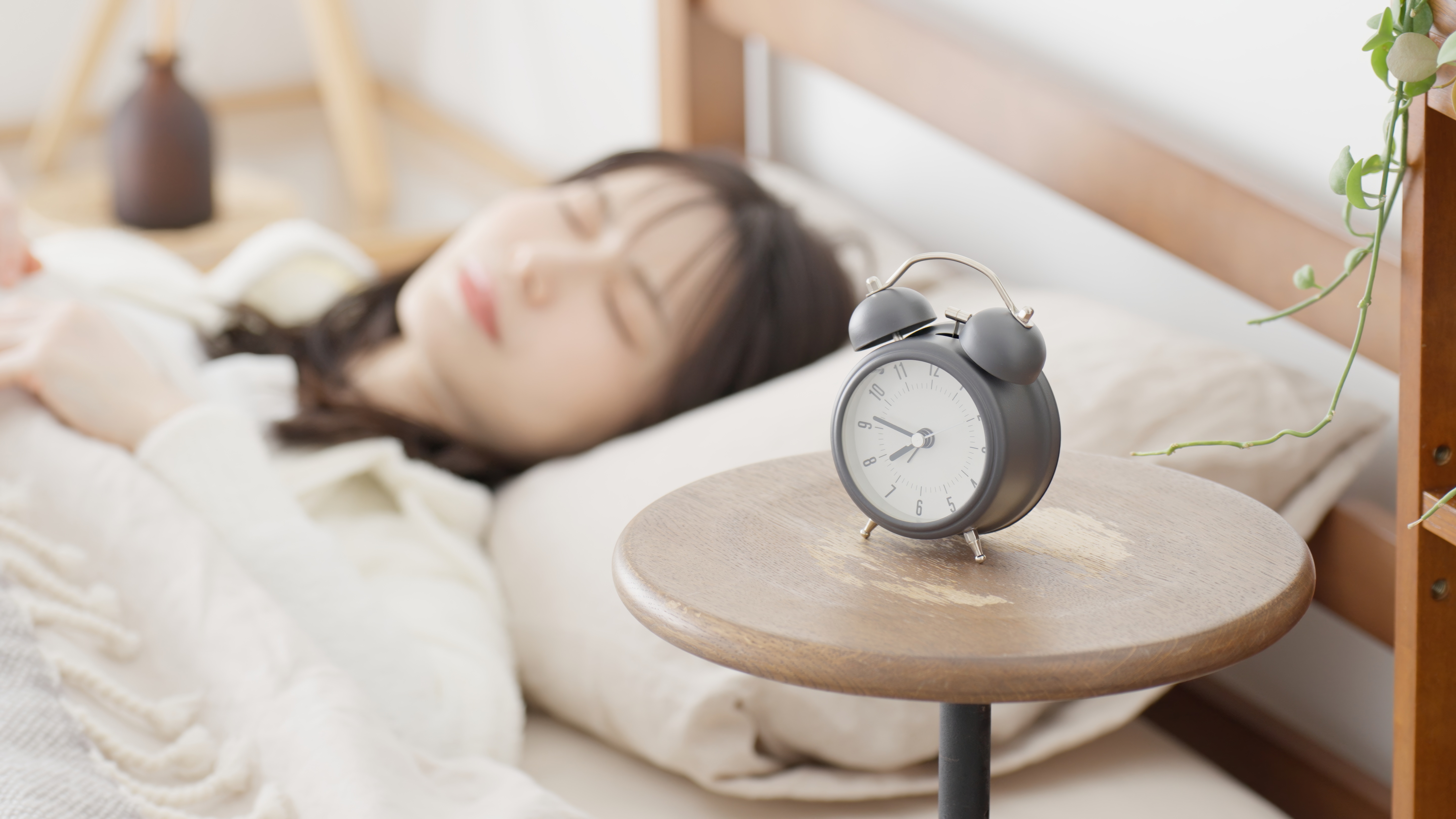
One proactive approach to managing jet lag is to gradually adjust your sleep schedule before you travel. By shifting your bedtime and wake-up time closer to the schedule of your destination a few days before departure, you can help your body start adapting to the new time zone. This gradual transition can make the adjustment process less jarring and reduce the severity of jet lag symptoms. This strategy requires some planning but can be highly effective in minimizing the impact of time zone changes.
5. Sleep Hygiene: Crafting the Perfect Sleep Environment

Creating an optimal sleep environment is essential for overcoming jet lag. Good sleep hygiene practices can help improve the quality of your sleep and facilitate the adjustment to a new time zone. This includes maintaining a cool, dark, and quiet sleep environment, using comfortable bedding, and avoiding caffeine and alcohol close to bedtime. Establishing a relaxing pre-sleep routine, such as reading or meditating, can also signal to your body that it's time to wind down. By prioritizing sleep hygiene, travelers can enhance their ability to recover from jet lag.
6. Exercise: Energizing the Body and Mind

Physical activity can play a significant role in combating jet lag. Exercise helps boost energy levels, improve mood, and regulate sleep patterns, making it an effective tool for resetting your body clock. Engaging in moderate exercise, such as walking, jogging, or yoga, can help reduce feelings of fatigue and promote alertness. However, it's important to avoid vigorous exercise close to bedtime, as it can interfere with sleep. Incorporating regular physical activity into your travel routine can help your body adapt more quickly to a new time zone.
7. Strategic Napping: The Power of Short Rest

Napping can be a double-edged sword when dealing with jet lag. While a short nap can help alleviate feelings of fatigue, napping for too long or too late in the day can disrupt your sleep schedule. To maximize the benefits of napping, aim for a short nap of 20-30 minutes in the early afternoon. This can provide a quick energy boost without interfering with your ability to fall asleep at night. Strategic napping can be a valuable tool in managing jet lag symptoms and supporting your body's adjustment to a new time zone.
8. Diet: Fueling Your Body for Adjustment

What you eat can have a significant impact on your ability to adjust to a new time zone. A balanced diet that includes a variety of nutrients can support overall health and well-being, making it easier for your body to adapt. Eating meals at regular intervals in line with your new time zone can help reset your internal clock. Additionally, consuming foods rich in tryptophan, such as turkey, nuts, and seeds, can promote the production of serotonin and melatonin, which are important for regulating sleep. By making mindful dietary choices, travelers can support their body's natural ability to recover from jet lag.
9. Caffeine: A Double-Edged Sword
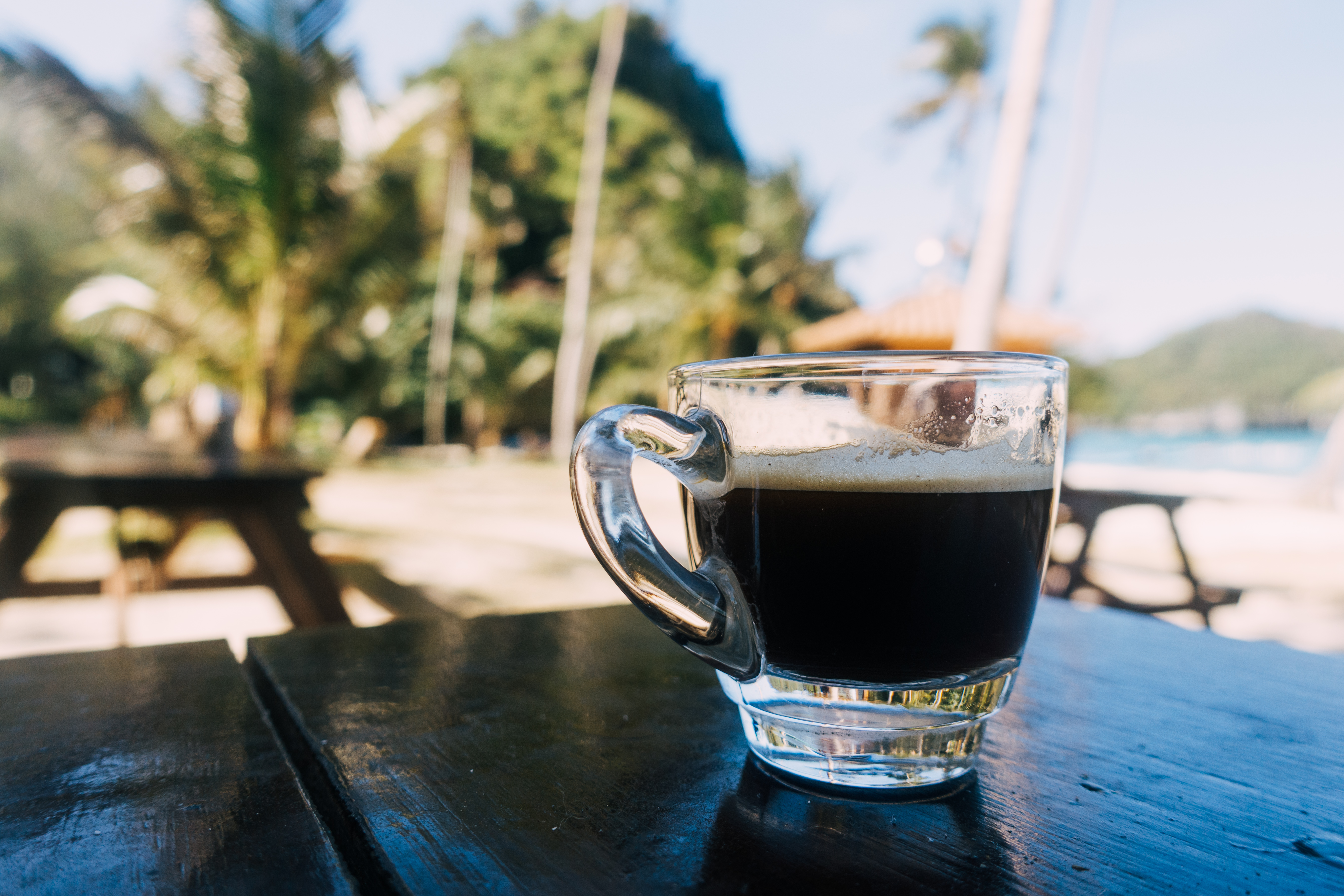
Caffeine can be both a friend and foe when dealing with jet lag. While it can provide a temporary energy boost and help combat daytime sleepiness, excessive caffeine consumption can interfere with your ability to fall asleep at night. To use caffeine strategically, limit consumption to the morning and early afternoon, and avoid it in the hours leading up to bedtime. Being mindful of your caffeine intake can help you harness its benefits without exacerbating jet lag symptoms. Understanding the role of caffeine in your body's adjustment process is key to managing jet lag effectively.
10. Time Zone Planning: Aligning Your Schedule
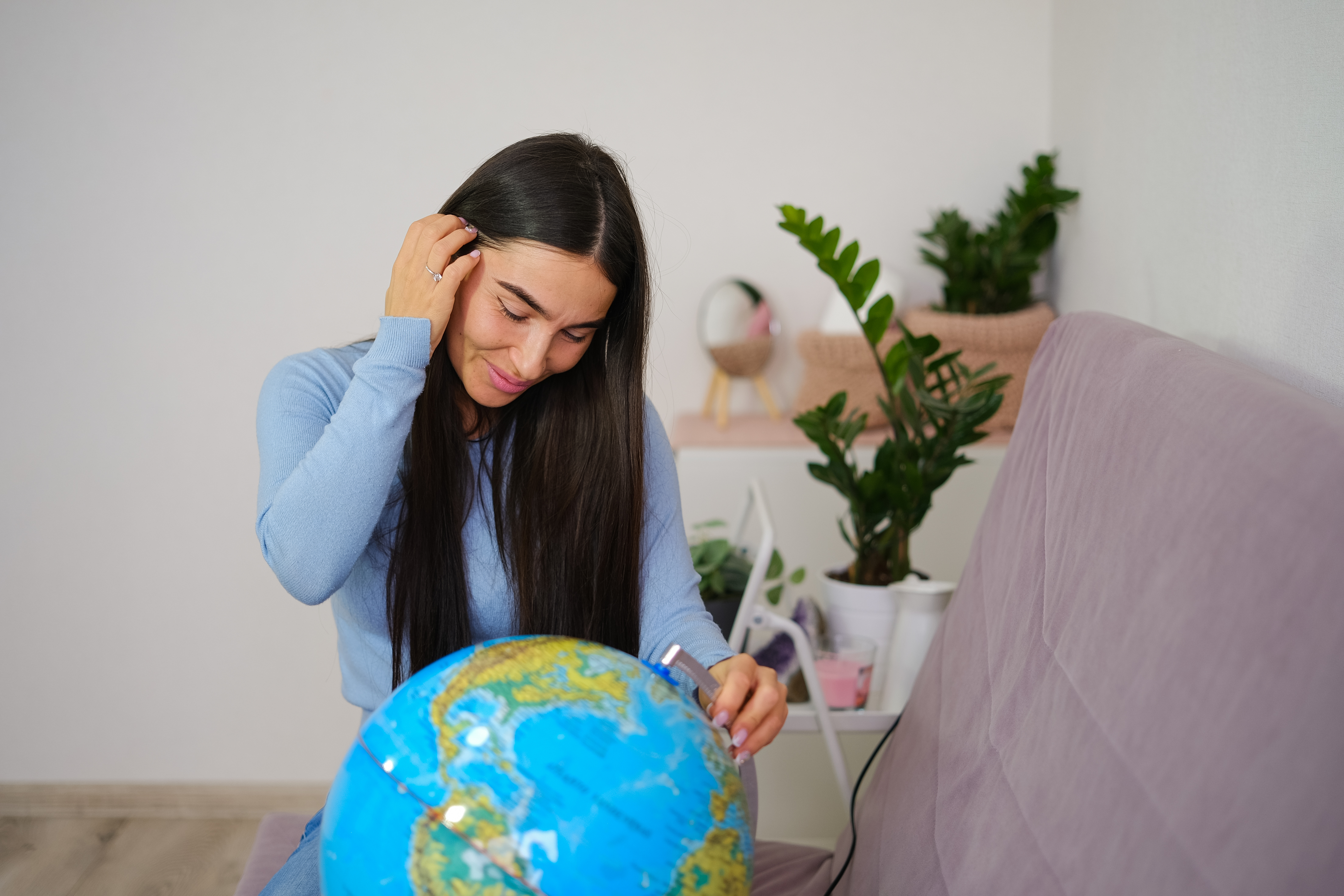
Planning ahead can make a significant difference in your ability to manage jet lag. Before you travel, take the time to familiarize yourself with the time zone of your destination and plan your schedule accordingly. This includes adjusting your meal times, sleep schedule, and daily activities to align with the new time zone as soon as possible. By being proactive and intentional in your planning, you can help your body adjust more quickly and reduce the impact of jet lag. Effective time zone planning is an essential strategy for travelers seeking to minimize the effects of time changes.
11. Mindfulness and Relaxation Techniques: Calming the Mind
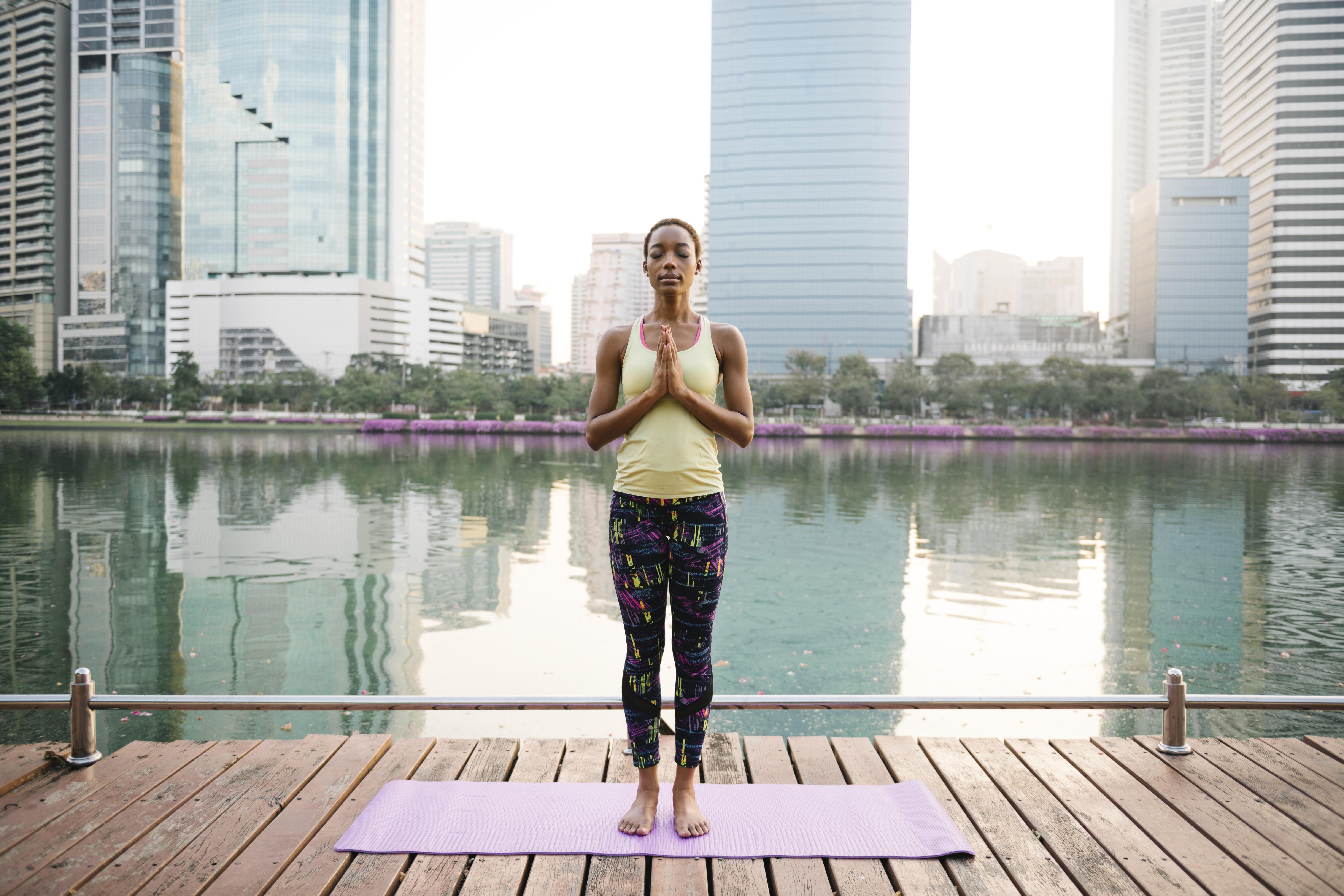
Mindfulness and relaxation techniques can be powerful tools for managing jet lag. Practices such as meditation, deep breathing, and progressive muscle relaxation can help reduce stress and promote a sense of calm, making it easier to fall asleep and stay asleep. These techniques can also help you stay present and focused, reducing the mental fog associated with jet lag. By incorporating mindfulness and relaxation into your travel routine, you can support your body's natural ability to adjust to a new time zone and enhance your overall travel experience.
12. Aromatherapy: Harnessing the Power of Scents

Aromatherapy involves using essential oils to promote relaxation and well-being. Certain scents, such as lavender and chamomile, are known for their calming properties and can help improve sleep quality. Using an essential oil diffuser or applying diluted essential oils to your skin can create a soothing environment that supports restful sleep. Aromatherapy can be a simple yet effective way to enhance your sleep hygiene and support your body's adjustment to a new time zone. By harnessing the power of scents, travelers can create a more relaxing and restorative travel experience.
13. Technology Aids: Embracing Modern Solutions

In today's digital age, technology offers a range of tools to help manage jet lag. Apps and devices designed to track sleep patterns, provide light therapy, and offer guided relaxation exercises can be valuable resources for travelers. Light therapy devices, for example, can simulate natural sunlight and help regulate your body's internal clock. Sleep tracking apps can provide insights into your sleep quality and help identify areas for improvement. By embracing technological solutions, travelers can access personalized support and enhance their ability to recover from jet lag.
14. Social Interaction: Connecting with Others

Social interaction can play a significant role in helping your body adjust to a new time zone. Engaging with others and participating in social activities can help regulate your sleep-wake cycle and reduce feelings of isolation and fatigue. Social cues, such as meal times and social gatherings, can provide structure and support your body's adjustment process. By prioritizing social interaction, travelers can create a sense of normalcy and routine, making it easier to adapt to a new time zone and minimize the impact of jet lag.
15. Acupuncture: An Alternative Approach
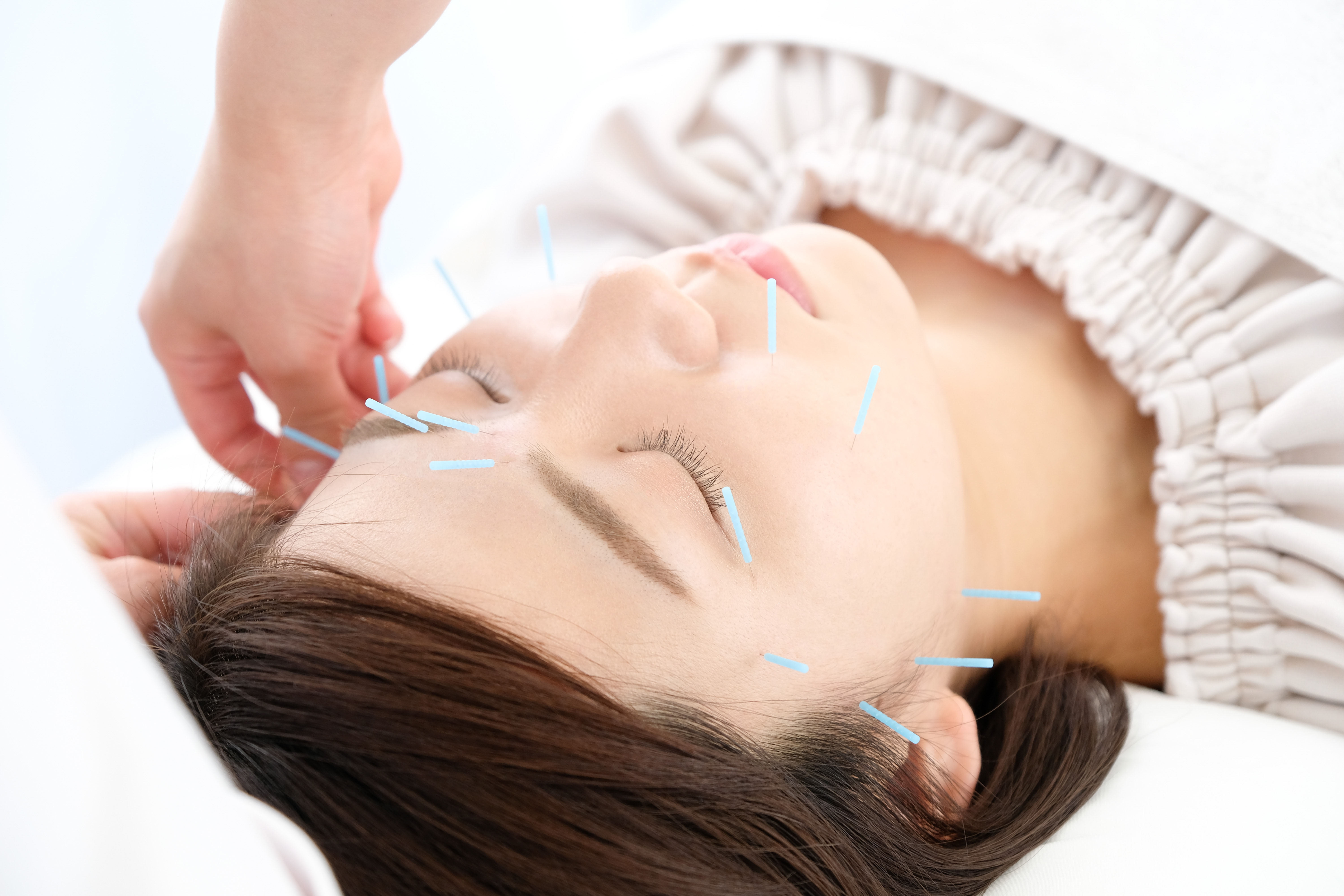
Acupuncture is an ancient practice that involves inserting thin needles into specific points on the body to promote healing and balance. Some travelers find that acupuncture can help alleviate the symptoms of jet lag by promoting relaxation and improving sleep quality. While scientific evidence on the effectiveness of acupuncture for jet lag is limited, some studies suggest that it may help regulate the body's internal clock and reduce fatigue. For those open to alternative therapies, acupuncture may offer a complementary approach to managing jet lag symptoms.
16. Strategic Use of Medications: Ensuring Safe Practices

In some cases, medications may be used to manage jet lag symptoms. Over-the-counter options, such as antihistamines, can promote drowsiness and help with sleep, while prescription medications may be used for more severe cases. It's important to consult with a healthcare professional before using any medication to ensure safe and appropriate use. Medications should be used as a last resort and in conjunction with other strategies to minimize the impact of jet lag. By using medications strategically and responsibly, travelers can support their body's adjustment process.
17. Consistency: The Key to Long-Term Success

Consistency is crucial when it comes to managing jet lag. Establishing and maintaining a consistent sleep schedule, meal times, and daily routine can help your body adapt more quickly to a new time zone. This consistency provides structure and stability, reducing the stress and confusion associated with time changes. By prioritizing consistency in your travel routine, you can enhance your body's natural ability to recover from jet lag and enjoy a more seamless travel experience. Consistency is the foundation of effective jet lag management.
18. Listening to Your Body: The Ultimate Guide

Ultimately, the most important strategy for managing jet lag is to listen to your body. Each person's experience with jet lag is unique, and what works for one traveler may not work for another. Pay attention to your body's signals and adjust your strategies accordingly. If you're feeling tired, allow yourself to rest. If you're feeling hungry, nourish your body with healthy foods. By tuning into your body's needs and responding with care and compassion, you can support your body's natural ability to adjust to a new time zone and minimize the impact of jet lag.
Embracing a Balanced Approach

Jet lag is an inevitable part of travel, but it doesn't have to be a debilitating experience. By embracing a balanced approach that incorporates a variety of strategies, travelers can minimize the impact of jet lag and enjoy their journeys more fully. From hydration and light exposure to mindfulness and technology aids, there are numerous tools available to support the body's adjustment process. By understanding and implementing these remedies, travelers can reset their body clock quickly and effortlessly, allowing them to make the most of their travel experiences.






